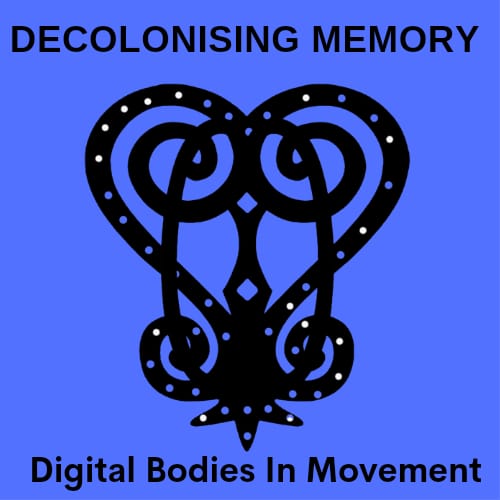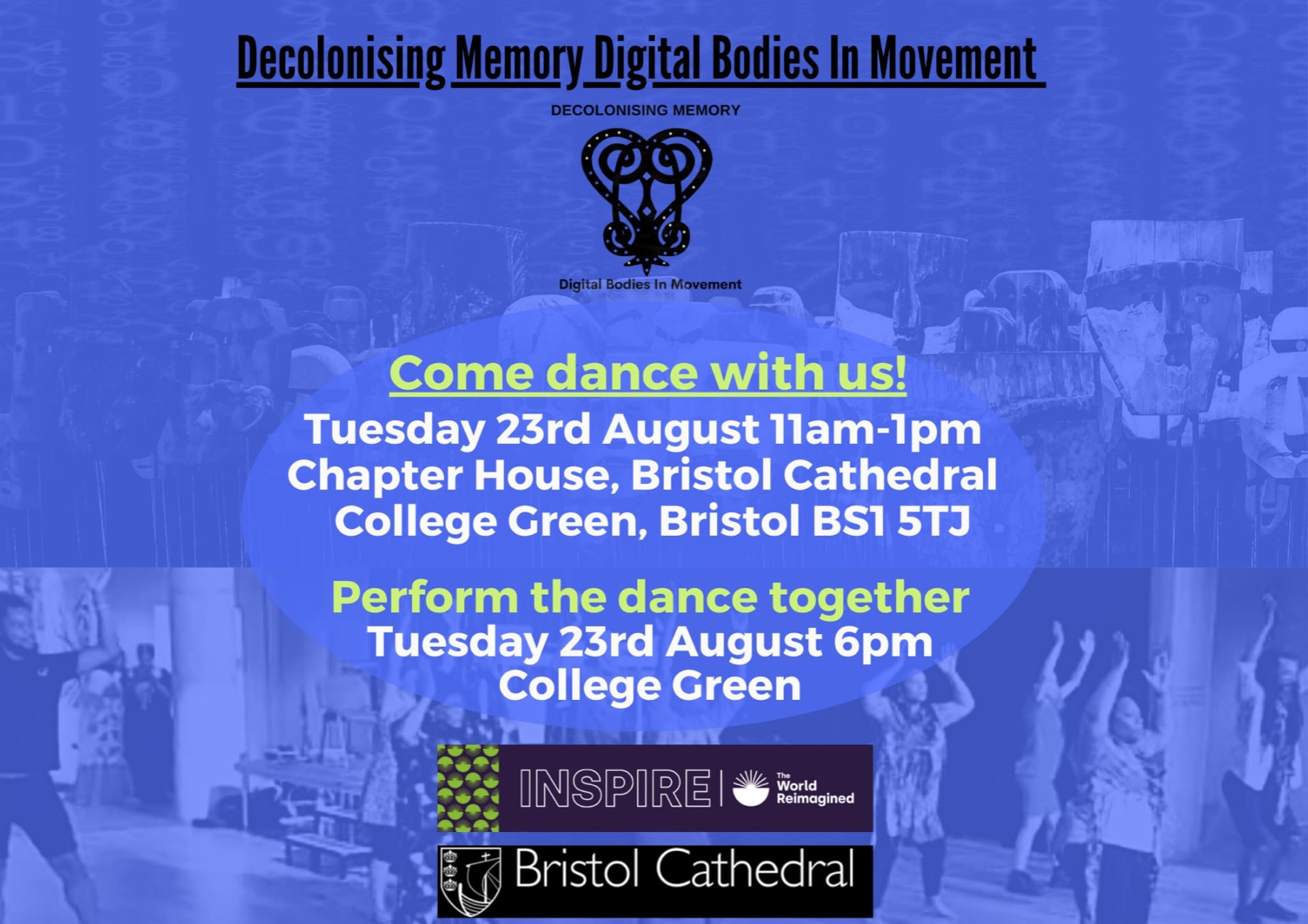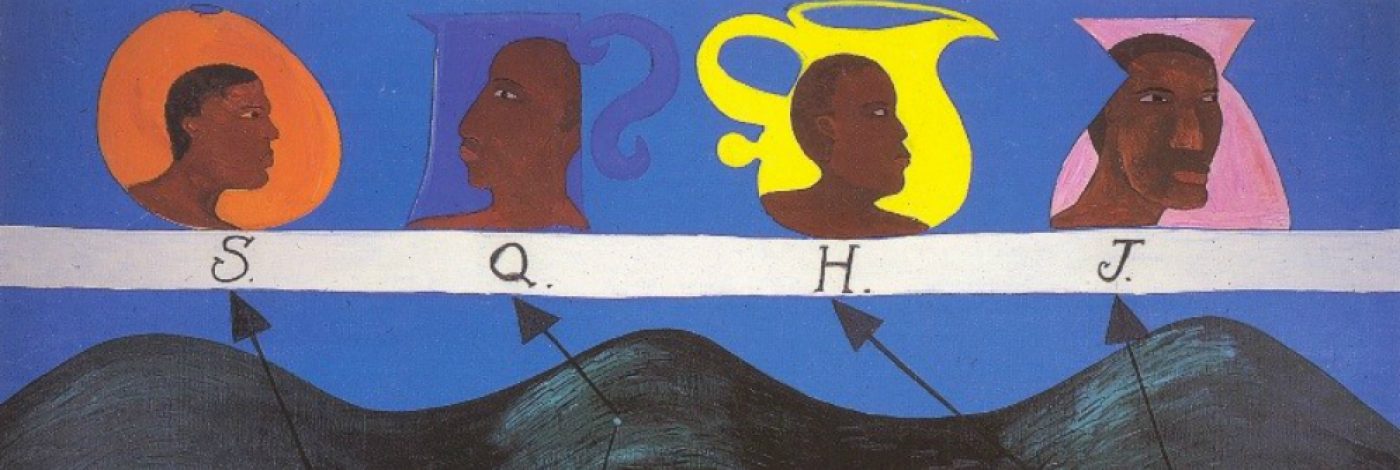August 23rd has been designated by UNESCO as the ‘International Day for the Remembrance of the Slave Trade and its Abolition.’ [1]. This specific day was chosen because of its connection to the Haitian Revolution, the largest and most successful uprising of enslaved people as it was during the night of the 22nd to the 23rdAugust in 1791 that the revolution began. The selection of this date is purposeful. It foregrounds a narrative of African resistance, power and the agency of enslaved people within memory work and

memorialisation, and emphasizes the significance of the Haitian Revolution in the history of (eventual) abolition and emancipation.
Memory is about the present. It is a mirror which reflects contemporary concerns, events and contexts. The official designation of this date in 1998, as well as a number of others across the year by UNESCO, was part of a range of other memory work which emerged in the 1990s. These were instigated as part of the organisation’s intercultural Slave Route project (now “Routes of Enslaved Peoples: Resistance, Liberty and Heritage”) which began in 1994 and included educational and memorial transnational projects in countries involved in and effected by the history of transatlantic enslavement. Haiti was one of the first places to mark this day, in 1998, and it was also marked in Gorée Island and Senegal in 1999. In Britain, this date was first marked in Liverpool, the largest of the European ports involved in the trade, in 1999, the year Liverpool council also issued an official apology for the city’s role in the trade in enslaved African people, and has been marked there every year since. Liverpool’s ‘Slavery Remembrance Day’ [2] includes a public lecture the night before, a Walk of Remembrance (instigated in 2011) and a Libation Ceremony [3] led by African elders in the city.
August 23rd hasn’t so far featured particularly prominently in Bristol’s public memory work around enslavement. However, this year, a mass participation memorial dance is planned for 6pm Tuesday 23rd August on College Green. The dance has been developed through the Decolonising Memory: Digital Bodies in Movement project led by Cleo Lake, Kwesi Johnson and myself. This new memorial folk dance for Bristol memorializes enslavement whilst celebrating and foregrounding Afrikan heritage and culture. It was developed through a series of open workshops between November 2021 and May 2022 whereby dance and movement was drawn upon as both a key method of research into the meanings of the history, memory and legacy of enslavement in Bristol and also as a way to counter, challenge and create new, healing and positive responses. Days of remembrance can be useful mnemonic devices because of their calendrical nature; they recur and repeat, and invite performances of memory on those days in ways which do not need to stay as static as statues, or fit particular cultural norms. A memorial dance is a suitable way to mark such a day, especially one which seeks to centre Afrikan culture(s), narratives, and people in its memorialisation given the centrality of dance within African and Caribbean cultures.
There are two upcoming workshops where you can learn the dance, each an hour long, which are free and open to all, being held between 11am and 1pm on the day of the 23rd which you can sign up to here: DANCE WORKSHOP: Decolonising Memory – digital bodies in movement Tickets, Tue 23 Aug 2022 at 11:00 | Eventbrite
You can view the first public performance of the dance at the Bristol Harbour Festival July 2022 here: https://www.youtube.com/watch?v=zocEDLacO5I&t=1s
For more information about the project including updates on the forthcoming accompanying augmented reality app, see our website: https://decolonisingmemory.co.uk/ and follow us on Instagram @decolonisingmemory_bristol
Join us at College Green, 6pm on Tuesday 23rd August 2022!

Notes and References
[1] https://www.unesco.org/en/days/slave-trade-remembrance-day
[2]https://www.liverpoolmuseums.org.uk/SRD/slavery-remembrance-day-2022
[3] A Libation Ceremony is a traditional African ceremony which honours the ancestors
Dr Jessica Moody
University of Bristol
jessica.moody@bristol.ac.uk
Jessica is Senior Lecturer in Public History. Her research considers collective memory, public history, and heritage, especially in relation to difficult and dissonant pasts, histories of enslavement, empire and colonialism, as well as creative forms of memorialisation and counter-memorialisation and the co-production of memory work. Her first monograph, The Persistence of Memory: Remembering slavery in Liverpool, ‘slaving capital of the world’, analyses how transatlantic slavery has been ‘remembered’ in Liverpool, the largest slave-trading port city in Europe (out now with Liverpool University Press, in hardback, paperback and open access https://www.liverpooluniversitypress.co.uk/books/isbn/9781789622577/). She is Co-I on the UKRI funded Citizen Science Project ‘Citizens Researching Together: Reparative Justice through Collaborative Research’ and leads the strand ‘Decolonising Memory: digital bodies in movement’ with Cleo Lake and Kwesi Johnson www.decolonisingmemory.co.uk


1 thought on “Remembering Enslavement on August 23rd by Dr Jessica Moody”